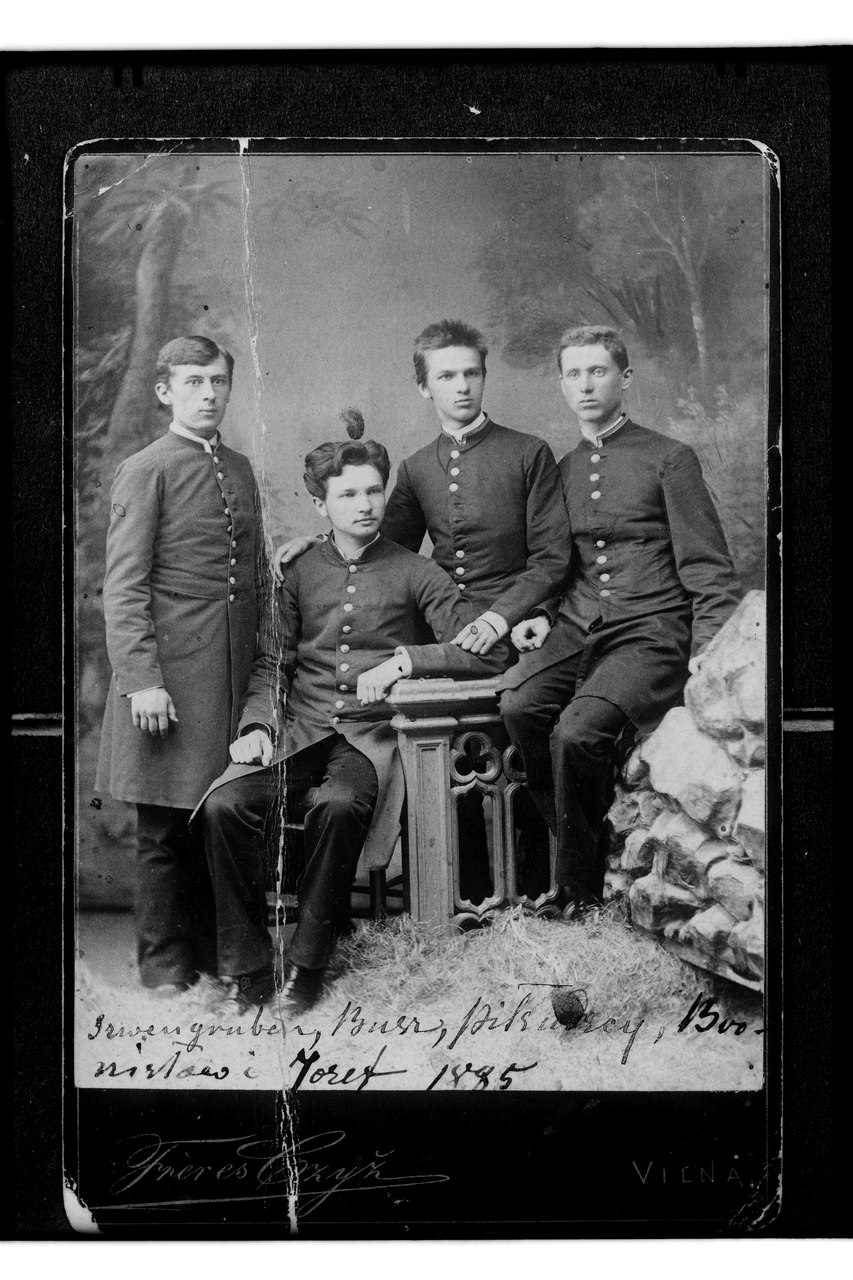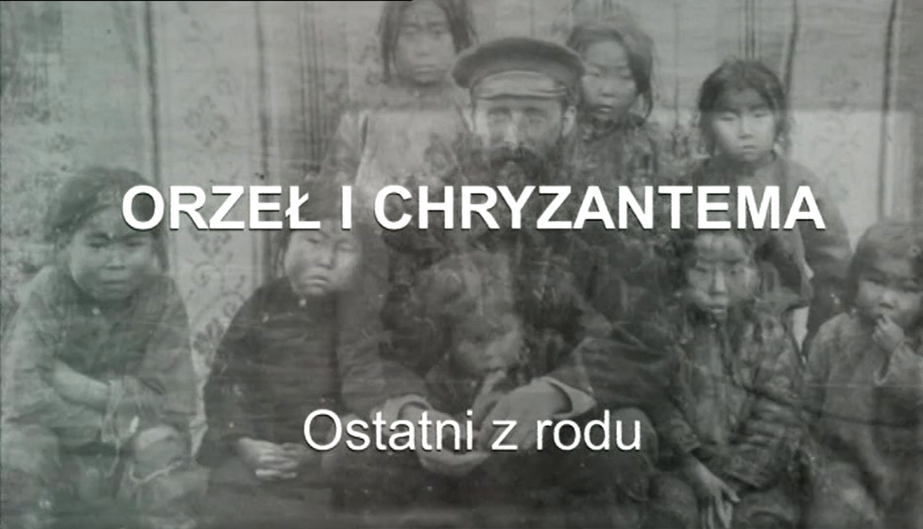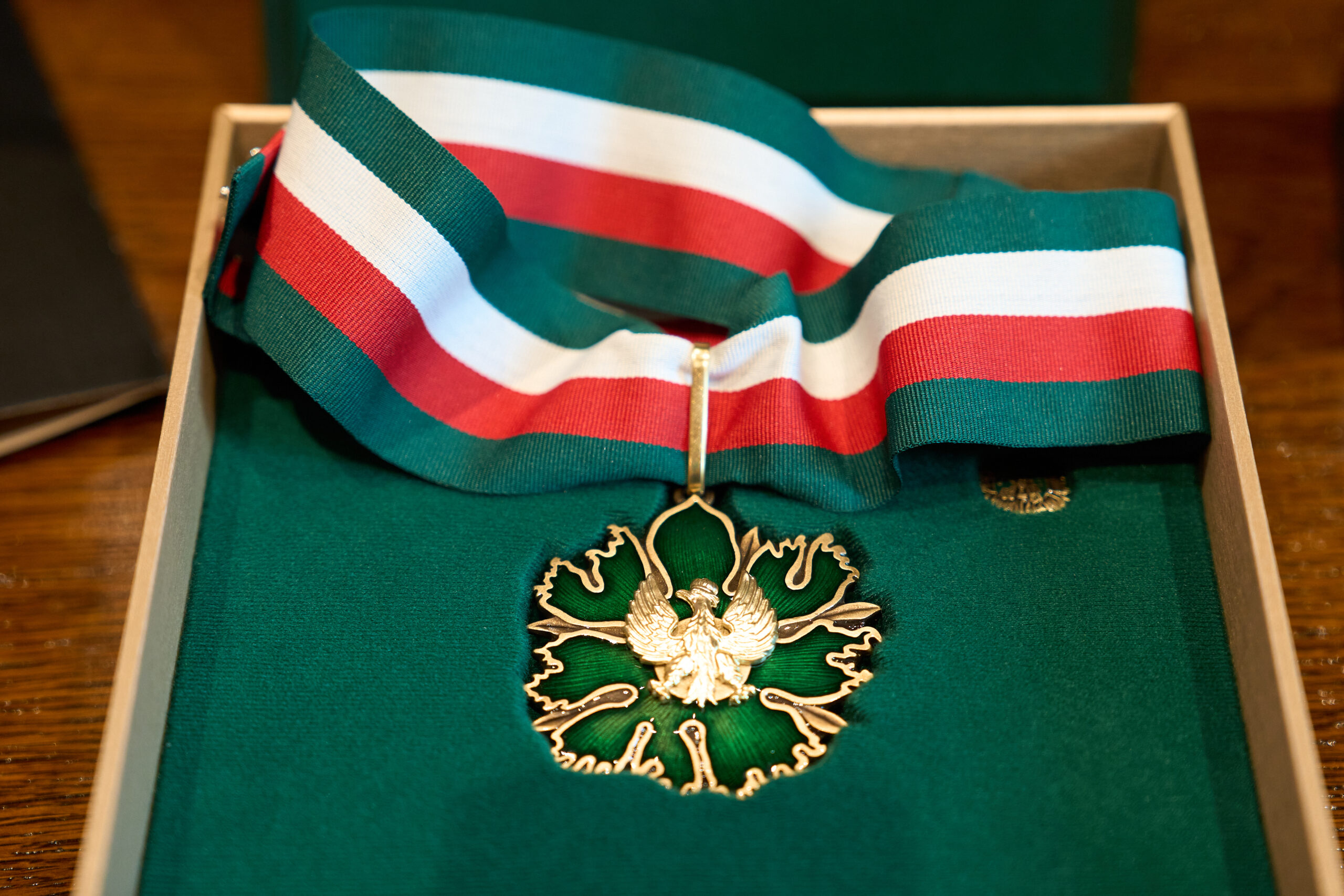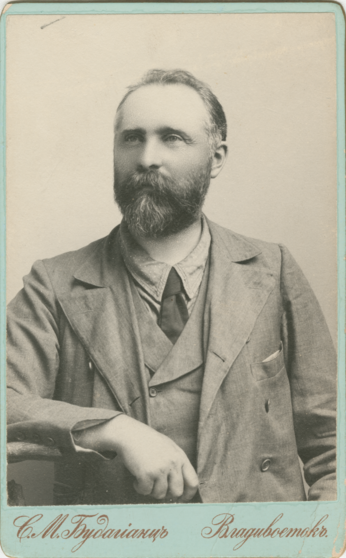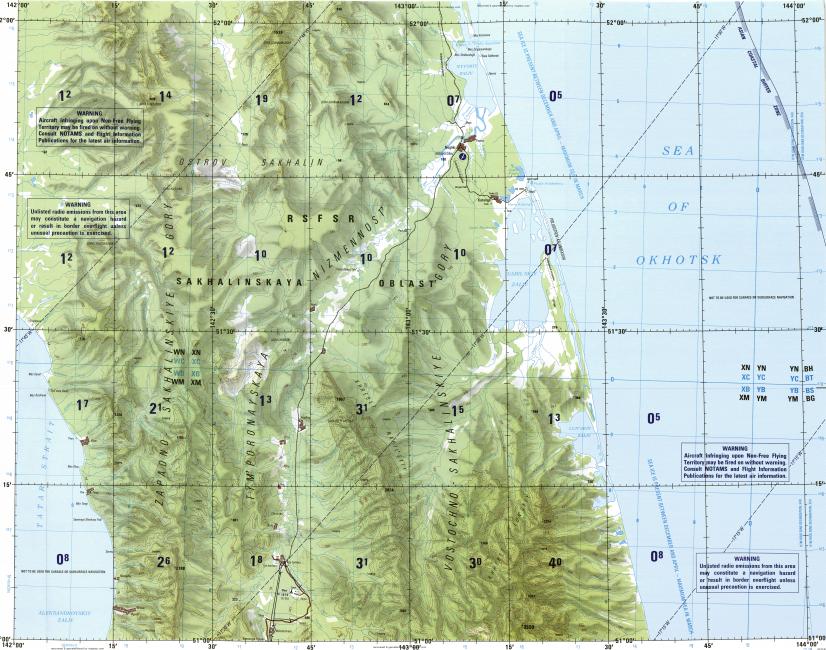
Activities
“Spójnia”
Activities
“Spójnia” became an important experience in conspiracy during Bronisław Piłsudski’s school period. This was the first non-public Polish library in Vilnius and, at the same time, for Józef Piłsudski and his colleagues at the gymnasium. Here he took his first steps in public activity. As for Bronisław, it allowed him to gain experience in organizing education and creating a library. He used this experience in Sakhalin, organizing schools for children of the Nivkh, Orok, and Ainu peoples.
In 1882, the two unruly Piłsudski brothers and a group of Polish students organized a self-education group called “Spójnia”. Other founders of “Spójnia”, besides Bronisław and Józef, were Alfons Machwic, Augustyn Wróblewski, Bronisław Przybylski, Kazimierz Chodźko, Zygmunt Kowalewski, Wacław Cywiński, Władysław Szwengruber, Paweł Kleczkowski, and several others. Russian colleagues were not admitted as members of the group, and were boycotted.
Its members were meeting clandestinely, and read banned Polish literature and works of philosophers and European thinkers, and held discussions based on the readings. They devoured not only the works of the three Polish bards and Romanticists such as Władysław Syrokomla and Wincenty Pol, but also reveled in the recent novels, With Fire and Sword, and The Deluge, read aloud stories about the uprising in Lithuania and Samogitia, and were familiar with A Prisoner’s Journey in Stages to Siberia by Agaton Giller. At the same time, more difficult readings were in circulation, such as the works of Charles Darwin and August Comte. They also got their hands on underground socialist magazines, both Russian and those printed in Warszawa by the Proletariat party.
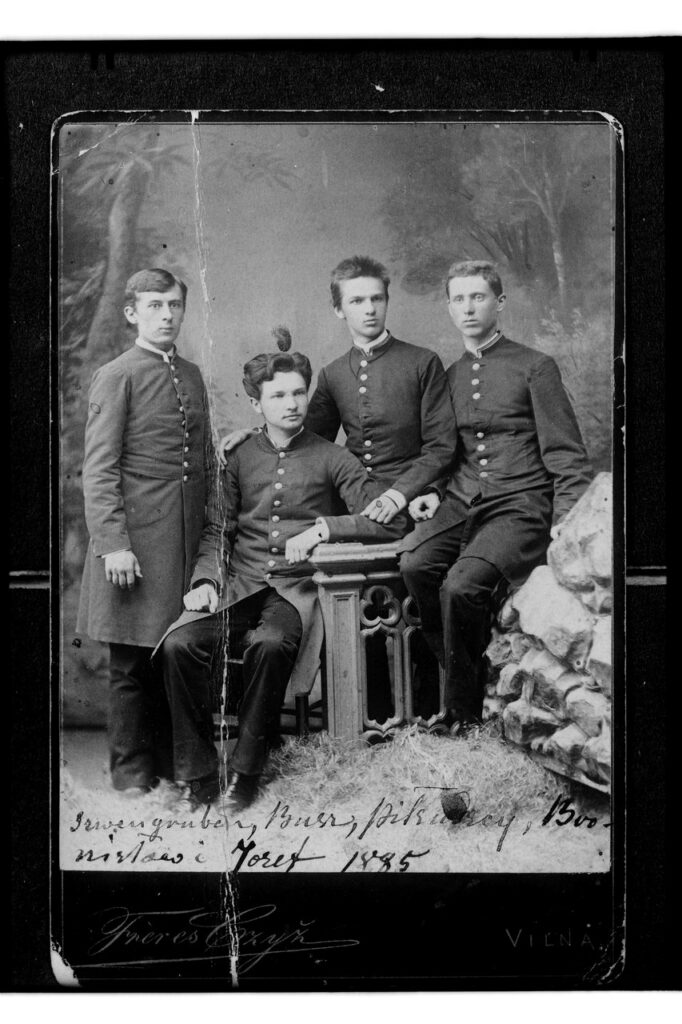
From the left: Władysław Szwengruben, Wacław Busz, Józef Piłsudski, and Bronisław Piłsudski; photo from the collection of the National Museum in Warszawa
The “Spójnia” library was located in the Piłsudski brothers’ apartment at the Bakszta Street. It was created on the basis of Witold Przegaliński’s book collection. Books and magazines with social and patriotic content were brought from Warszawa and St. Petersburg. On the twenty-fifth page of every publication circulated, there was the letter “B” to indicate that Bronisław oversaw the circulation of the books and unofficially chaired the community of readers. The funds for the purchase of new publications were obtained in a clever way: Polish performances (so-called “living paintings”) and ticketed dance parties were organized.
Józef Piłsudski [Ziuk] was also involved; he headed a delegation of “Spójnia”, asking an opera singer Marcelina Sembrich-Kochańska for financial support. The well-known coloratura soprano repeated a concert in Vilnius and gave her substantial compensation of one thousand five hundred rubles to “Spójnia”. The money was spent on books bought at Zawadzki’s Polish bookstore, which – as Bronisław claimed – was to promote patriotism.
With each passing month, the organization solidified more and more and became increasingly active. After a year of its activity, the group had 15 members, gymnasium students. The most active member of the organization was Bronisław who had extensive contacts among the youth of various nationalities living in Vilnius. During one of the meetings, which he described many years later to his friend Wacław Sieroszewski, there was a heated discussion on the following question:
Who are we, Poles or Lithuanians? This question was answered by the adoption of a resolution deciding that we were Lithuanian Poles, and that it was our task to maintain Polishness in this country, without harming or oppressing other weaker nationalities, of which we should be the guardians.1
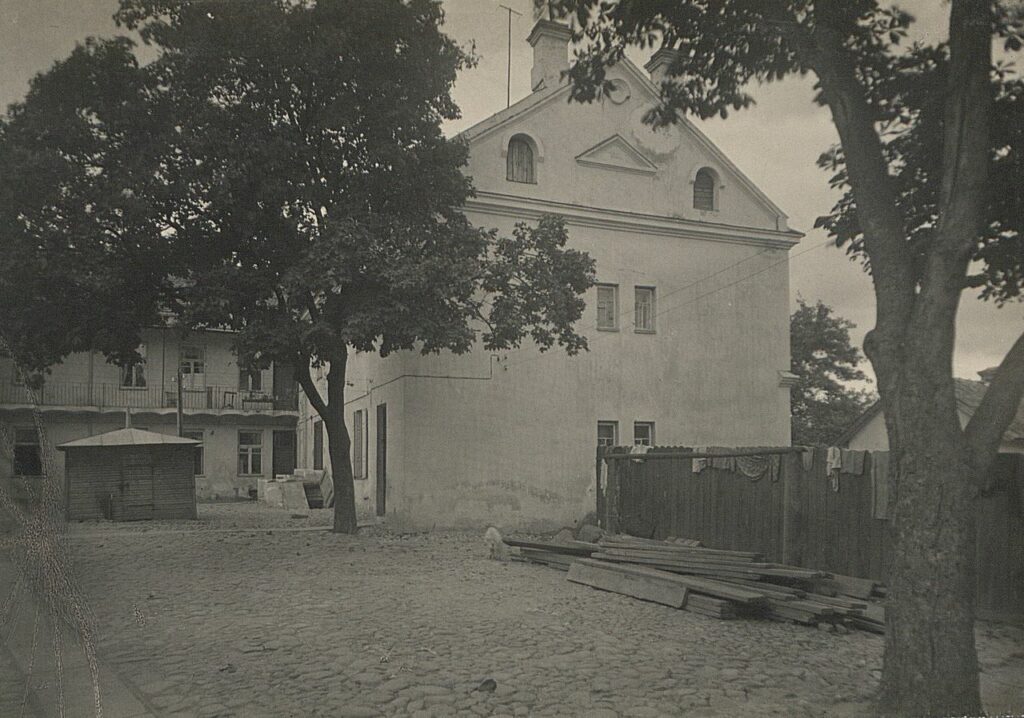
It housed the “Spójnia” library, the first non-public Polish library in the city.
Bronisław’s care for weaker nationalities became particularly evident during his many years of exile on Sakhalin and other regions of the Far East. There, he became an advocate of those communities, established schools, taught farming, and popularized the principles of hygiene and friendly coexistence.
While still in Vilnius, he presented an example of his skills in this area. Together with Józef, they established a Polish language school for Vilnius craftsmen so that they could read Polish literature. Bronisław, on the other hand, was eager to learn Lithuanian.
The influence of “Spójnia” extended to more and more new groups. When coming to Vilnius, Poles studying in St. Petersburg supported the organization with foreign publications, which were read in various groups and formed a kind of “flying university.”
Bronisław skillfully reconciled these duties, consuming a lot of time with his school work as well as social and family life. His mother, who was his confidante and teacher of patriotism, began to decline in health and died in September 1884. Her death coincided with another unpleasant event in Bronisław’s life. The Russian secret police (Okhrana), concerned about the patriotic atmosphere of the “Spójnia” meetings, closely followed its development and patriotic influence on young people, and banned it. Bronisław was expelled from school. At that time, he decided to continue his education in St. Petersburg, where his father’s warehouse of beer production supplies was located.
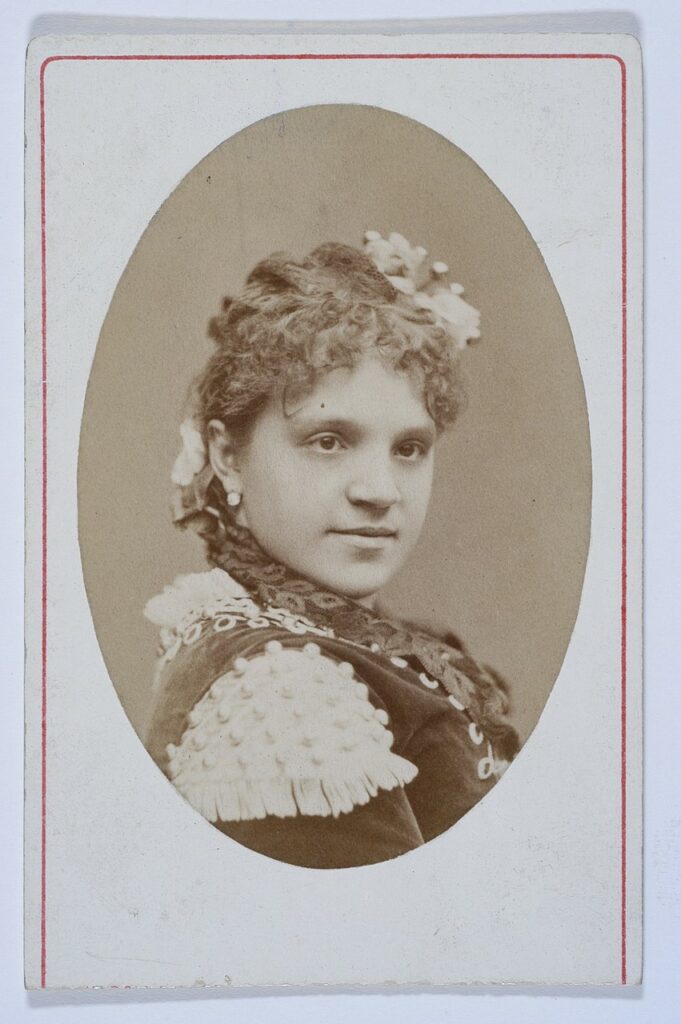
The singer was a soloist at the opera houses in Dresden, London, St. Petersburg, and Milan, and made guest appearances in Madrid, Paris, Brussels, Berlin, Cologne, Hamburg, Frankfurt, Munich, Amsterdam, Geneva, Prague, Wrocław, Vienna, and Budapest.
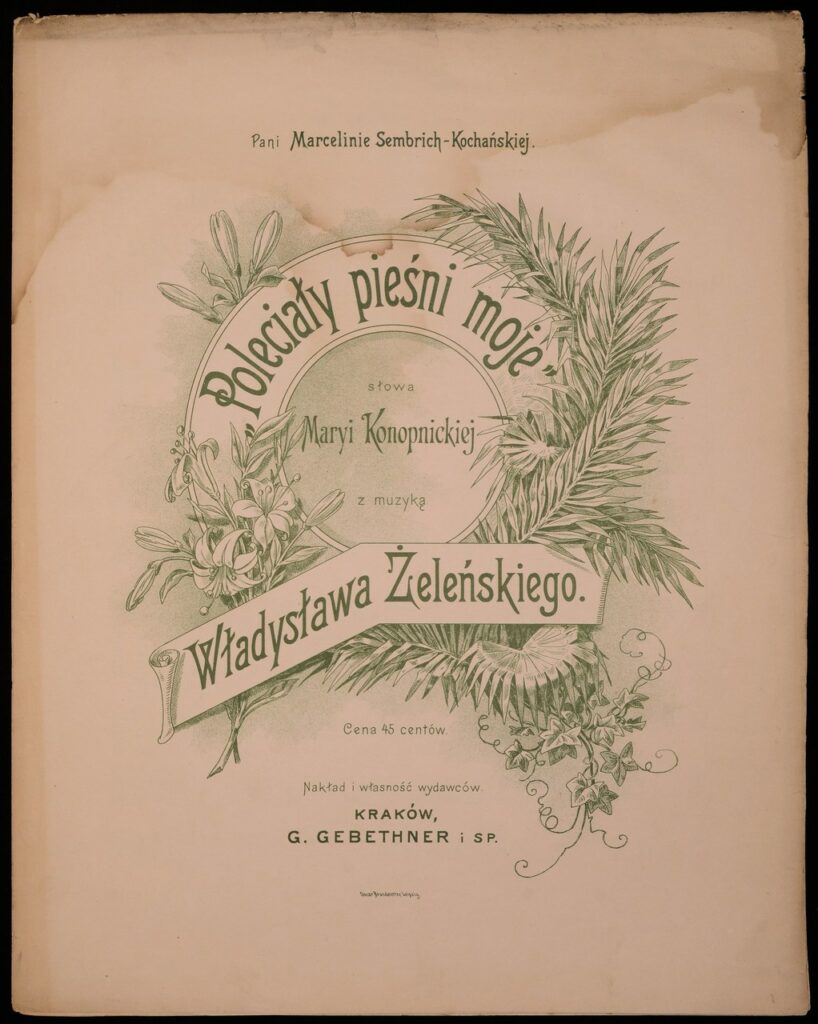
The programs of her performances always included Polish songs. She felt she was an ambassador of Polish culture. About a hundred of her recordings from the years 1900-1919 have been preserved.
Listen to the soprano
Based on:
Jerzy Chociłowski, Bronisław Piłsudski’s Duel with Fate, Warszawa 2018.
Antoni Kuczyński, “Bronisław Piłsudski (1866-1918), an Exile and Researcher of the Culture of the Peoples of the Far East,” “Niepodległość i Pamięć”, 22/2 (50), 7-93, 2015
1 M. Budny, “Bronisław Piłsudski. Life and Works,” “Niepodległość”, 1988, vol.21, p. 184.

